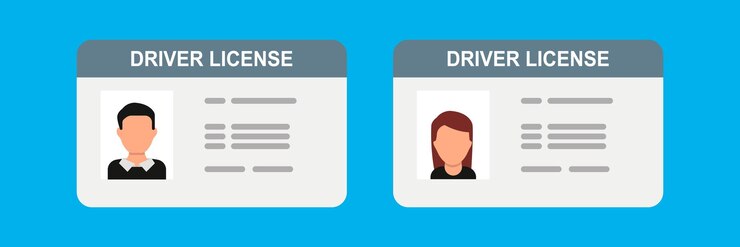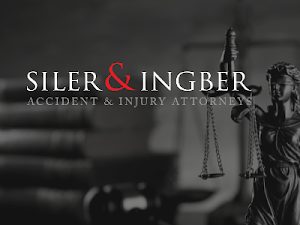You’ll need more than just a standard driver’s license to work as a truck driver. According to federal laws, obtaining a commercial driver’s license (CDL) requires additional training for drivers of vehicles that weigh more than a specified amount or those that transport specific goods.
A CDL is more difficult to obtain than it may seem at first. You can obtain a variety of CDLs, and your license may be expanded to include many more.
A Commercial Driver’s License: What Is It?
The precise qualification required to lawfully operate certain truck kinds is a commercial driver’s license. These particular licenses are regarded as “commercial” since most big vehicles are operated for business or employment rather than for personal use. A driver wishing to obtain a CDL license must study the content and pass two evaluations, similar to obtaining a conventional driving license: a written knowledge test and an exam for practical driving skills. There may also be other conditions that apply. For instance, you may not be eligible to receive a CDL if you have committed certain offenses.
What Kinds of Commercial Driver’s Licenses Are the Most Common?
Commercial driver’s licenses come in three main varieties. A prospective CDL holder must acquire unique driving techniques and regulations for each kind.
Class A CDL
Operating the largest types of commercial motor vehicles requires a Class A CDL.
The following vehicles need a Class A CDL qualification:
- Trailer-tractor combinations
- Trucks with semi-trucks
- Trucks with flatbeds
- Trailers for livestock
- Tankers
There are many grades of commercial driver’s licenses according to the weight of the car or trailer. Vehicles with Class A CDLs can tow a trailer weighing more than 10,000 pounds or weigh more than 26,000 pounds in total.
Class B CDL
Operating a truck up to 26,000 pounds or towing a vehicle up to 10,000 pounds requires a Class B CDL.
Commercial motor vehicles such as the following typically need a Class B CDL in order to be operated:
- Box trucks
- City buses
- Tour buses
- Buses carrying more than fifteen passengers
- End dumps: trailer-attached dump trucks
Unless there are certain limitations or additional criteria in place, the majority of Class A CDL holders are legally permitted to operate these vehicles.
CDL Class C
Only a limited number of vehicles can be operated by holders of a Class C CDL. Among them are:
- Buses for schools
- Buses for passengers carrying fewer than fifteen people
- Hazmat Trucks
Class C CDL holders are typically subject to extra rules. For instance, drivers of school buses are required to clear background checks for drivers and crimes.
Endorsements for Commercial Drivers Licenses
Merely possessing a commercial driver’s license does not guarantee that you are authorized to operate a specific kind of vehicle. Typical endorsements for a commercial driver’s license include the following:
- N: For automobiles transporting dangerous materials
- X: For tanker trucks transporting dangerous goods
- S: Regarding school buses
- T: Towing two or three trailers at once
- P: For cars carrying sixteen or more people
- H: For tankers transporting gas or liquids
Drivers should confirm they hold the appropriate CDL class and any further endorsements before operating a commercial vehicle.
Maintaining Safety on Roads
Truck drivers may handle huge trucks safely with the specialized training provided by CDL requirements and endorsements. However, major injuries and fatalities for other drivers on the road are still frequently caused by truck accidents. Ensuring that the vehicle you are operating is certified to be driven is essential for safeguarding both your future as a truck driver and the safety of others.
Speak with Our Accident Attorney Firm
Large truck accidents typically result in catastrophic injuries. Numerous accident victims experience potentially fatal illnesses that could leave them permanently disabled. Getting your injuries medically treated comes first.
But it’s also critical to safeguard your legal claim to get paid for all losses brought on by the truck mishap. While you concentrate on getting better, a New York Construction Accident Lawyer looks into what caused the collision, finds the responsible parties, gathers evidence, files claims, and takes care of all the legal paperwork. Please get in touch with NYlawnet to arrange a consultation and receive additional information.


